Marijuana isn’t addictive like other harder drugs, yet people tend to develop a mental dependency on cannabis that can bring about withdrawal symptoms and cravings. Concentrates, for example, this one by the Mayo Clinic shows cannabis dependency is significantly more outlandish than lawful substances like tobacco and liquor, just as heroin and cocaine.
There are, notwithstanding, a couple of elements that can make somebody progressively inclined to building up a dependency on marijuana. Individuals who consume cannabis blended with tobacco are substantially more prone to build up an addiction. Psychological wellness and hereditary qualities assume a role as well: individuals who are inclined toward addictive conduct, or who have just been dependent on another substance, are bound to build up dependency because of regular cannabis use.
Does cannabis function as a gateway to harder drug use?
Individuals who utilize one drug are bound to use others, yet there is no proof to propose any link between marijuana and other harder drugs.
There’s undoubtedly a connection between cigarette smoking and pot-smoking, particularly among youngsters. A few tests on animals have demonstrated that tobacco, liquor, and marijuana can be all “prime” the brain for an uplifted reaction to different drugs, in a procedure called “cross-sensitization,” but this theory is yet to be proven.
While a few people consider cannabis to be a gateway drug, others think that this heavily depends on correlation: research underpins the hypothesis that harder drug use comes from peer associations as opposed to a synthetic factor instigated by the pot. For instance, a recent report by scientists at the University of Louisiana at Lafayette found a tremendous relationship between marijuana and alcohol use than between marijuana and different substances. The scientists concluded that there was no scientific connection between hard drugs and marijuana other than instances influenced by social variables, and that poly-drug use depends on social and cultural factors.
Is marijuana a gateway drug?
Most of the traditional wisdom and middle school drug education say yes. But the research contradicts the theory.
The gateway hypothesis says marijuana motivates users to attempt different drugs: Once they experience how fun cannabis is, they’re bound to try other drugs to seek for more fun. So if marijuana is legalized worldwide, it will only make people start using harder drugs.
However, this is an empirical claim — one that can be verified or disproved by research. Up until now, there’s no strong proof to help the gateway hypothesis. Also, some evidence legalizing marijuana may really diminish the use of different drugs.
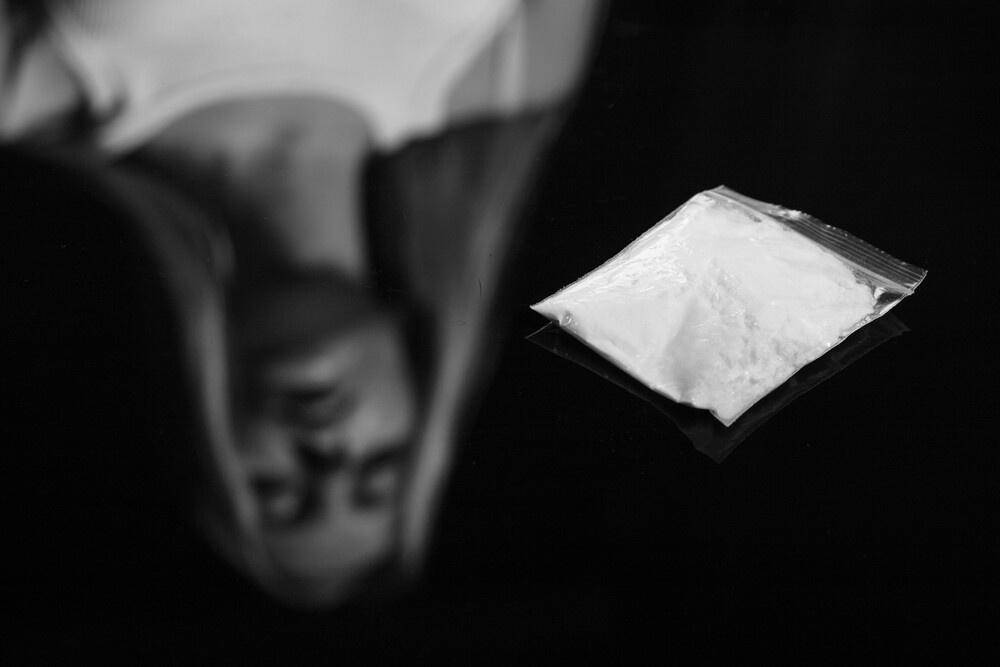
There’s a lack of evidence for the gateway hypothesis
Supporters of the gateway hypothesis point to the relationship between marijuana use and the use of harder drugs. Robert DuPont, leader of the Institute for Behavior and Health, argued in the New York Times:
Marijuana use is highly related to alcohol use and cigarette use, just as unlawful drugs like cocaine and methamphetamine. This does not imply that everybody who uses marijuana will progress to utilizing heroin or different drugs, yet it means that individuals who use marijuana additionally consume more, not less, lawful and illicit drugs than do individuals who don’t utilize marijuana.
Individuals who are dependent on marijuana are multiple times bound to be dependent on heroin.
The facts demonstrate that marijuana use associates with harder drug use. Yet does as well, liquor and tobacco use. There doesn’t need to be a causal connection between marijuana or liquor and harder drugs to clarify this; it could simply be that the things that drive somebody to marijuana or liquor — boredom, depression, social circles — can simply force them to different drugs. Maybe the connection is uncovering those hidden components, not some gateway impact.
Marijuana vs Alcohol
In fact, why do users of harder drugs usually begin with alcohol and marijuana before they end up at harder drugs? There’s a simple clarification: Alcohol and marijuana are considerably more accessible because they’re commonly less expensive than harder drugs and part of much higher markets.
A 2002 report by RAND’s Drug Policy Research Center said that this clarification is at any rate as conceivable as the gateway hypothesis:
The new DPRC research also shows that the phenomenon supporting cases that marijuana is a gateway drug additionally supports the other clarification: that it isn’t marijuana use but people’s opportunities and unique inclinations to use drugs that decide their risks of taking harder drugs. The research does not negate the gateway hypothesis; it just demonstrates that another explanation is conceivable.
In 1999, the profoundly renowned Institute of Medicine analyzed the proof and arrived at a similar resolution:
Progressive patterns of drug use from youth to adulthood are strikingly standard. Because it is the most broadly utilized illegal drug, marijuana is typically the primary illicit drug that is taken by most people. As anyone might expect, most users of other illicit drugs first started with pot. Most drug users begin with alcohol and nicotine before moving to marijuana — usually before they become adults.
Taking into consideration that marijuana use usually precedes instead of following initiation of other illegal drug use, it is undoubtedly a “gateway” drug. But since underage smoking and alcohol use usually go before marijuana use, marijuana isn’t the most widely recognized and is hardly the primary, “gateway” to illegal drug use. There is no decisive proof that the effects of marijuana are causally linked to the subsequent abuse of other illicit drugs.
Since then, different studies have nudged at the question, also neglecting to discover hard proof of marijuana driving individuals to use harder drugs.
So, there is a lack of genuine evidence for the gateway hypothesis. There is some frail correlational proof, yet it very well may effectively support another idea with — drug users will generally begin with increasingly available drugs — over the gateway hypothesis.
That doesn’t rule out the gateway impact altogether. Nevertheless, it should pause proponents of it.
Cannabis legalization could prompt an anti-gateway effect
To the degree, there is any gateway impact, it may be because of marijuana’s illegality.
As drug strategy specialists Jon Caulkins, Beau Kilmer, and Mark Kleiman clarified in their recently published book, Marijuana Legalization: What Everyone Needs to Know, it’s possible that individuals might be presented to harder drugs when they, for instance, cooperate with their drug dealers. When that seller knows a marijuana, user is a faithful client, he may push his client to begin using more energizing drugs, like heroin or cocaine.
There’s some powerless proof behind this thought. After the Dutch changed their marijuana laws, a 2010 report by RAND analyst Robert MacCoun discovered “some proof” for a “weakened gateway.” This is in no way convincing. However, it recommends that marijuana legalization could keep individuals from going to harder drugs by isolating the cocaine and heroin vendors from the marijuana sellers.
Further studies suggest cannabis can function like an anti-gateway drug
Other research recommends that marijuana can work as an anti-gateway drug. Due to the current opioid epidemic in the US, some opioid painkiller users are proceeding onward to different opioids — heroin and fentanyl — to fulfill their addiction. In any case, some studies have discovered that medical marijuana legalization can decrease opioids deaths, maybe because patients can utilize cannabis to treat their chronic pain — without the danger of overdose and less risk of addiction — rather than profoundly addictive, fatal opioids.
Necessarily, marijuana legalization may additionally lead individuals to substitute their alcohol use with marijuana use. This could be enormously valuable to overall health general and safety since alcohol is a riskier drug which leads to violent crimes, poisonings, and lethal accidents, while legal marijuana isn’t connected to high crime rate or poisonings and less likely to prompt misfortunes.
The proof on liquor substitution is mixed: A recent report by UCLA scientist Rosanna Smart linked liberalized marijuana use to less liquor and narcotic deaths among older adults, but more alcohol deaths adolescents and young adults. However, this research is still in the developmental stages, so it’s challenging to draw valuable conclusions from it.
Nevertheless, the proof proposes that marijuana’s illegality — not merely the drug — may prompt a gateway impact, and more relaxed marijuana approach may push a few people from substantially more hazardous drugs.
In conclusion, the sole use of marijuana won’t lead prompt individuals to utilize more harmful drugs
Taking this into consideration, there’s a lack of proof on whether marijuana is a “gateway drug” or that any gateway effect would be intensified by legalization. The evidence proposes that cannabis could prevent a few people from utilizing harder, progressively risky drugs if it was made legal.
None of this implies marijuana is harmless. Its potential dangers include dependency and abuse, accidents, non-fatal overdoses that lead to mental anguish and anxiety, and marijuana use potentially leading to mental disorder.
Nevertheless, the gateway hypothesis isn’t bolstered by the proof. Until that changes, the discussions about marijuana should concentrate on main issues that are evidenced-based.
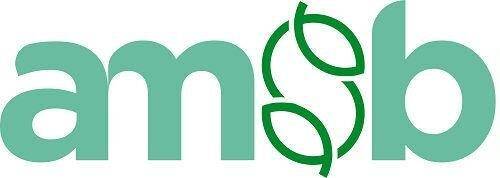
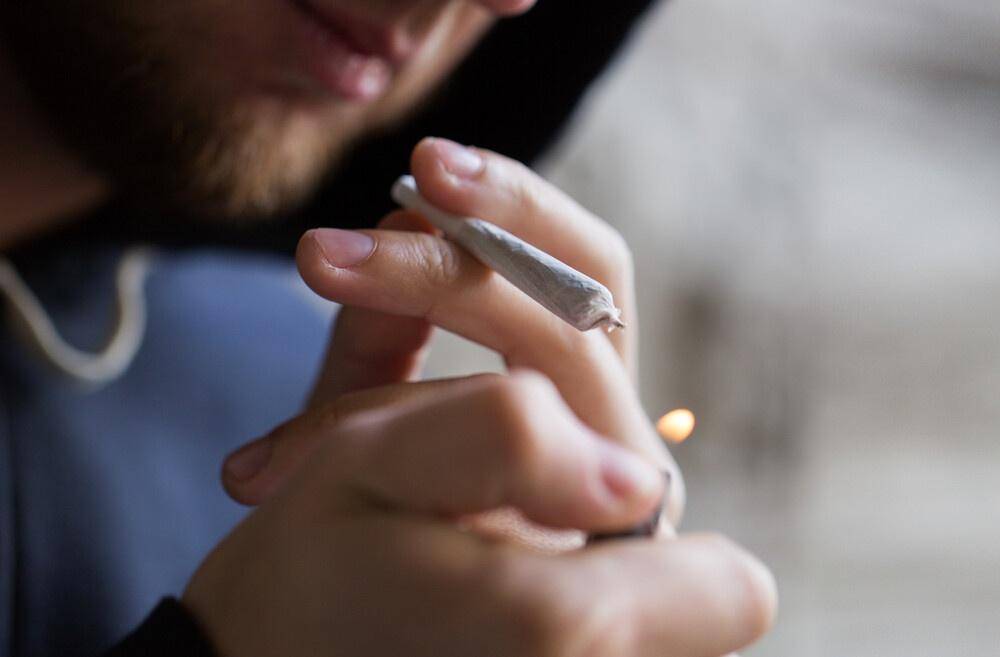
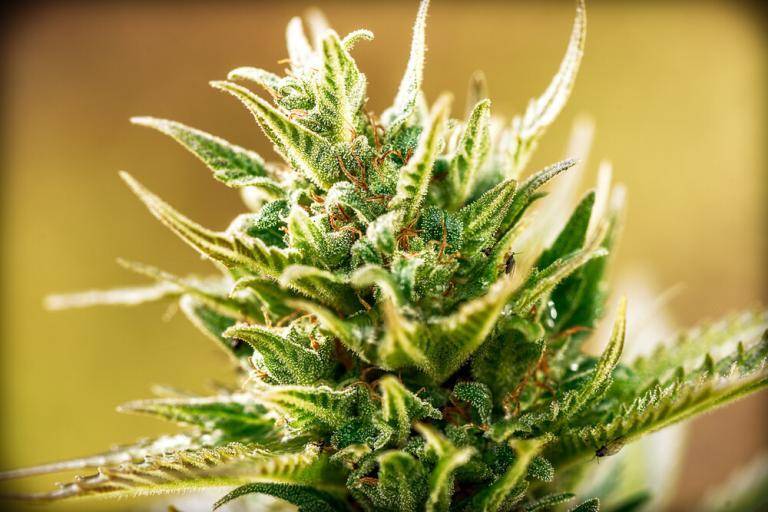

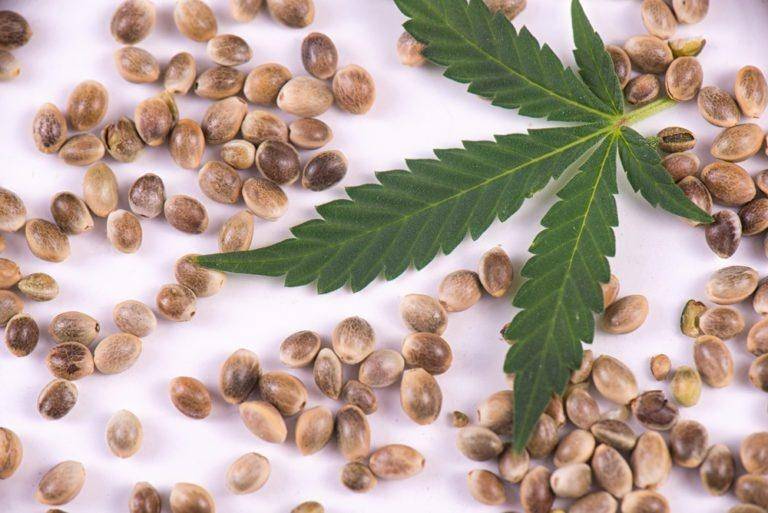
Great article, and I should say that I totally disagree with the theory!